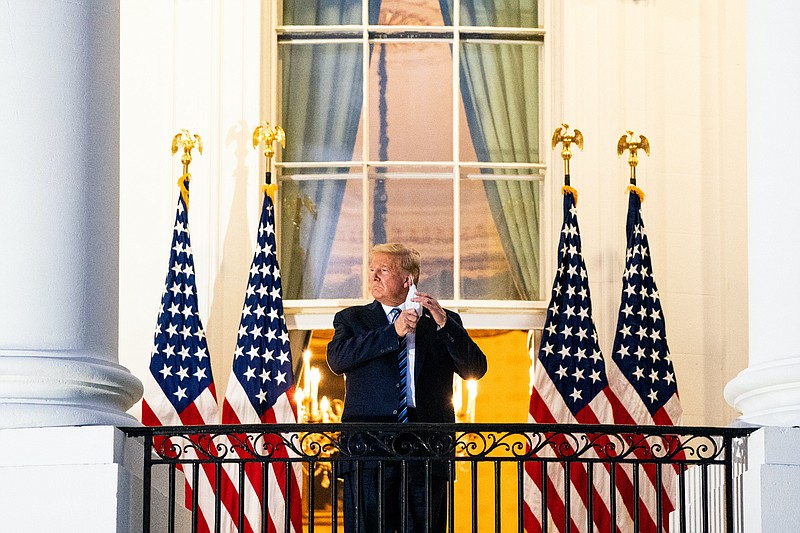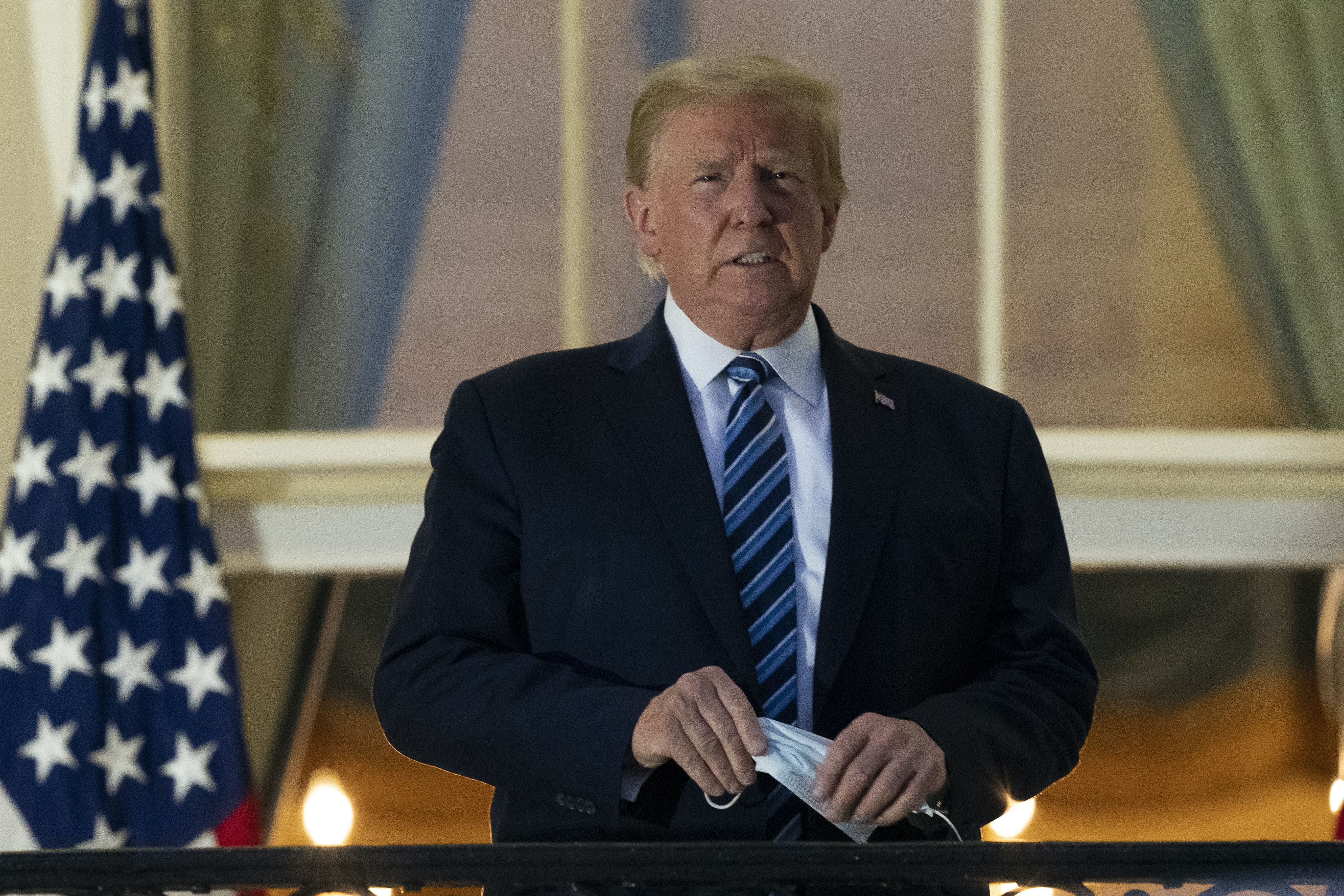Throughout its 208-year history, The New England Journal of Medicine - the world's most prestigious medical journal - has remained deliberately nonpartisan, never supporting or condemning a political candidate.
Until now.
In a scathing editorial signed by 34 editors, the journal wrote Wednesday that the Trump administration had responded so poorly to the coronavirus pandemic that they "have taken a crisis and turned it into a tragedy."
The journal did not explicitly endorse Joe Biden, the Democratic presidential nominee, but the editors left no room for doubt about whom they did not endorse and whom they blame for America's fumbling of the COVID-19 pandemic.
"Anyone else who recklessly squandered lives and money in this way would be suffering legal consequences. Our leaders have largely claimed immunity for their actions. But this election gives us the power to render judgment. Reasonable people will certainly disagree about the many political positions taken by candidates. But truth is neither liberal nor conservative. When it comes to the response to the largest public health crisis of our time, our current political leaders have demonstrated that they are dangerously incompetent. We should not abet them and enable the deaths of thousands more Americans by allowing them to keep their jobs."
The editor in chief, Dr. Eric Rubin, told The New York Times that the editorial, titled "Dying in a Leadership Vacuum," was one of only four in the journal's history signed by all of the editors.
"It should be clear that we are not a political organization," Rubin said. "But pretty much every week in our editorial meeting there would be some new outrage. How can you not speak out at a time like this?"
The Journal's editorial ticked off those outrages: Too little testing for the virus, especially early on, too little protective equipment, and a lack of national leadership on important protections such as mask wearing, social distancing, quarantine and isolation.
The Journal also skewered the Trump administration's attempts to politicize and undermine the Food and Drug Administration, the National Institutes of Health and the Centers for Disease Control and Prevention. And it lambasted the Trump administration for its rejection of science.
"Instead of relying on expertise, the administration has turned to uninformed 'opinion leaders' and charlatans who obscure the truth and facilitate the promulgation of outright lies."
As a result, the United States has had "tens of thousands" of avoidable deaths - those caused both directly and indirectly by the pandemic - along with unnecessary economic pain and an increase in social inequality as the virus hit disadvantaged communities hardest.
"The magnitude of this failure is astonishing," the editorial said. "We have failed at almost every step."
The New England Journal of Medicine editors joined those of another influential journal, Scientific American, who last month endorsed Biden, the former vice president.
Scientific American also had never before endorsed a political candidate.
But its editors wrote: "The pandemic would strain any nation and system, but Trump's rejection of evidence and public health measures have been catastrophic."
Meanwhile, on Wednesday, President Trump returned to the Oval Office, breaking quarantine less than week after he was hospitalized at Walter Reed Medical Center with COVID-19. His doctors had recommended he remain in the White House residence.
CDC guidance states COVID patients should quarantine at least 10 days, longer for those with severe cases. Trump was treated at the hospital as a patient with a severe case, requiring supplemental oxygen and given intravenous drugs.
He returned to the White House residence on Monday, and as soon as he reached the balcony - with the White House still full of workers - he turned toward the cameras and removed his mask with a flourish.
CDC says people with severe cases "likely remain infectious" up to 20 days after symptom onset. Now Trump is back in the Oval Office, and aides have refused to say whether he's wearing a mask. That tells us that of course he is not.
Election Day is Nov. 3 - just over three weeks away.

